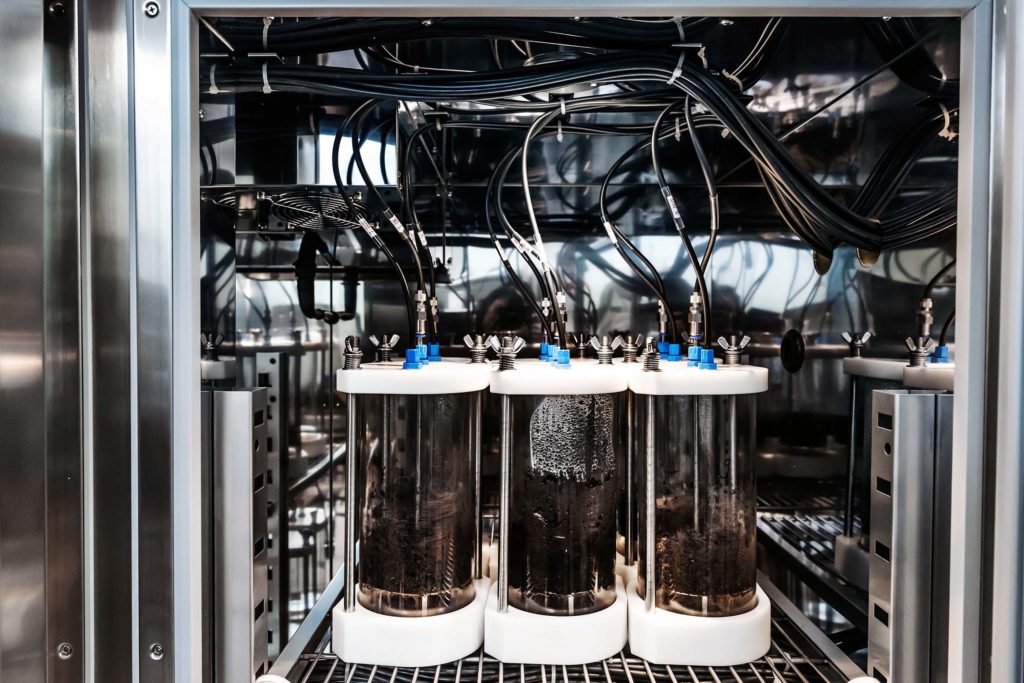UGA, BASF to conduct biological degradation studies for DOE-funded project

The University of Georgia New Materials Institute will collaborate on a U.S. Department of Energy-funded research project to explore and optimize strains of bacteria for use in the creation of biologically degrading thermoplastic for polyurethanes and their byproducts. The UGA team, led by Jason Locklin, who directs the Institute, will work with a team from BASF (www.basf.com) to conduct the biological degradation studies for the grant project.
The US DOE awarded $2 million in grant funding to Jon Pokorski and Adam Feist, both researchers from the University of California San Diego, to fine-tune their innovation for thermoplastic polyurethanes and related byproducts. The UGA-BASF team will utilize about a quarter of that funding, over 3 years, to ensure that the material meets the biological degradation requirements specified by the US DOE. The BASF team will be led by Arif Rahman, a thermoplastic polyurethane researcher at the company.
“It’s an honor to be asked by my colleagues at UCSD for help with their project, and it is a tremendous advantage for us to be able to conduct these biological degradability studies with a team from BASF” said Locklin. “Working in tandem with industry means we are all focused on fine-tuning a technology that will be launched into the global marketplace where it can replace current plastics technologies that are accumulating in our landfills and environment.”
BASF and the UGA New Materials Institute have already developed a good working relationship over the last few years, through BASF’s participation as a member company of the Center for Bioplastics and Biocomposites (CB2). CB2 is an Industry-University Cooperative Research Centers program funded by the National Science Foundation, and the UGA New Materials Institute serves as one of four research sites for CB2.
The project “Degradable Biocomposite Thermoplastic Polyurethanes” was funded through the DOE’s BOTTLE program: Bio-Optimized Technologies to Keep Thermoplastics out of Landfills and the Environment; the program isjointly funded by the Office of Energy Efficiency and Renewable Energy’s (EERE) Bioenergy Technologies Office and Advanced Manufacturing Office. The project is part of the DOE’s Plastics Innovation Challenge, which draws on the research capabilities of DOE National Laboratories, universities, and industry to accelerate innovations in energy-efficient plastics recycling technologies.
